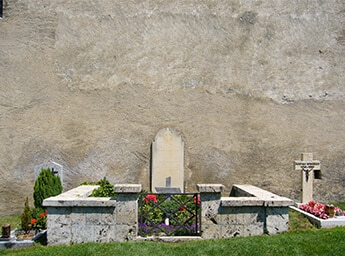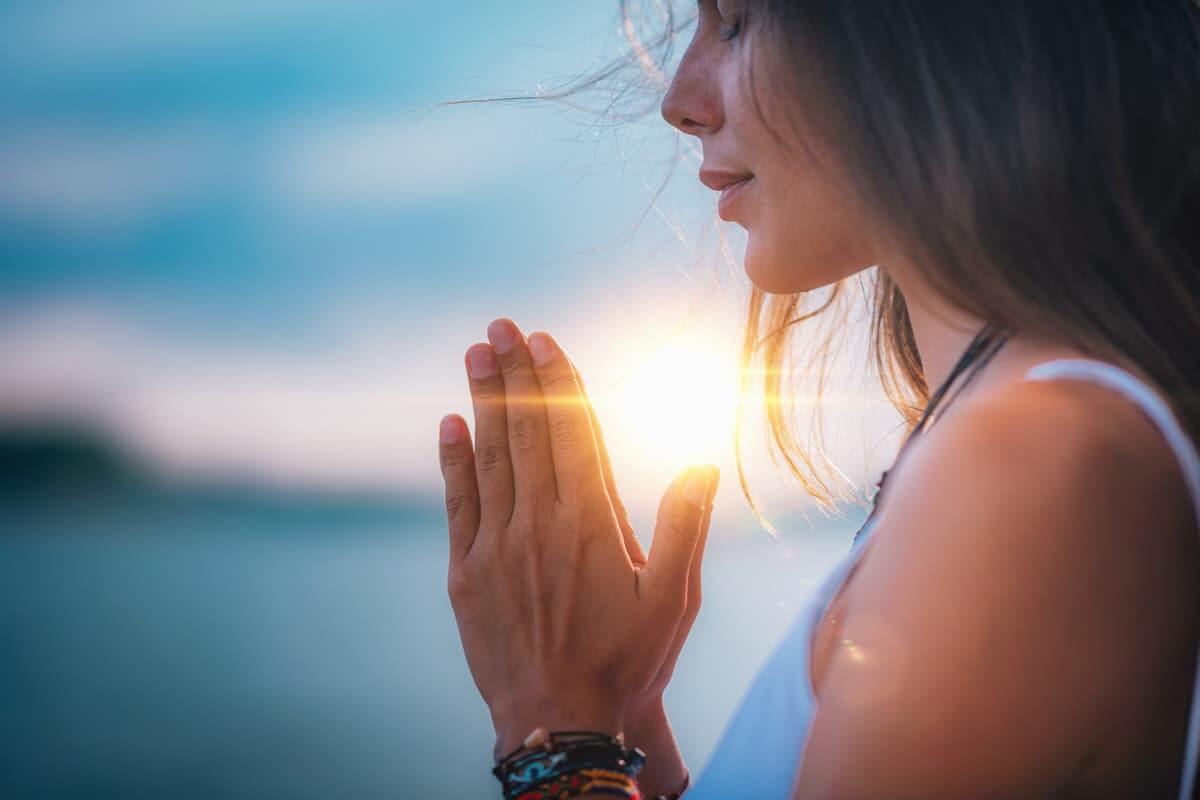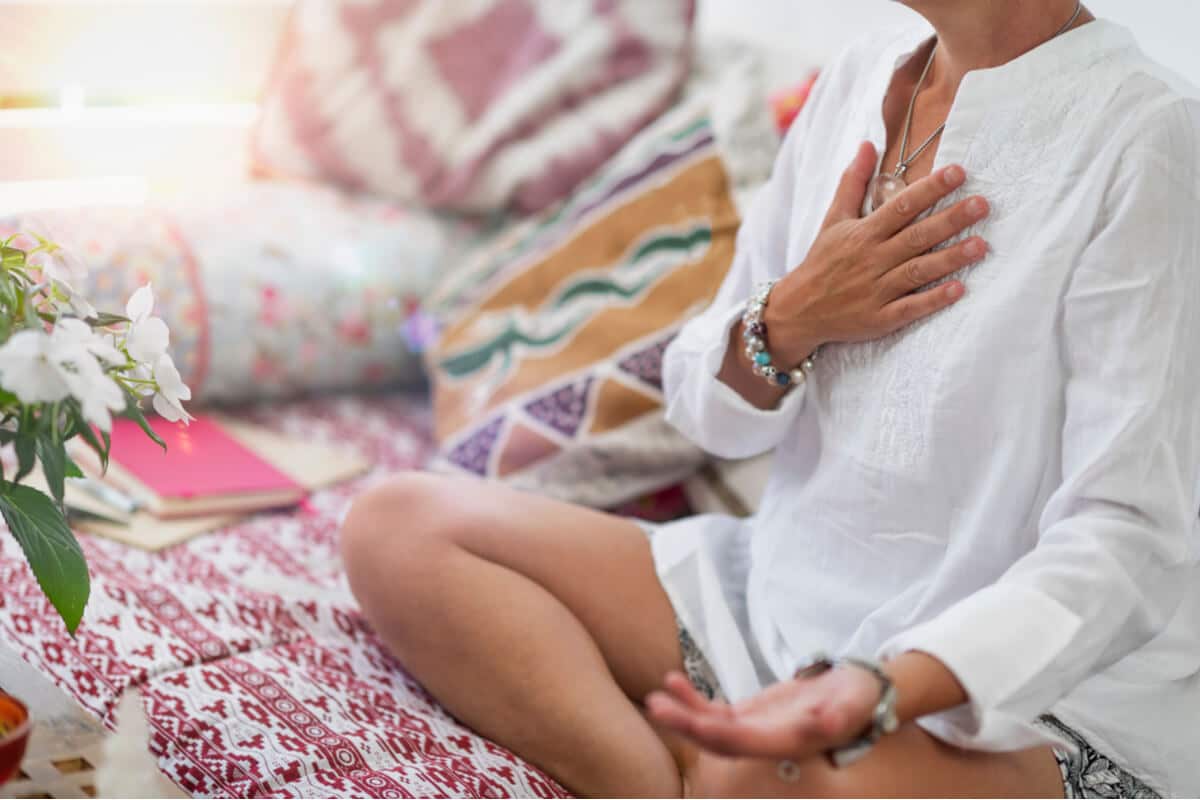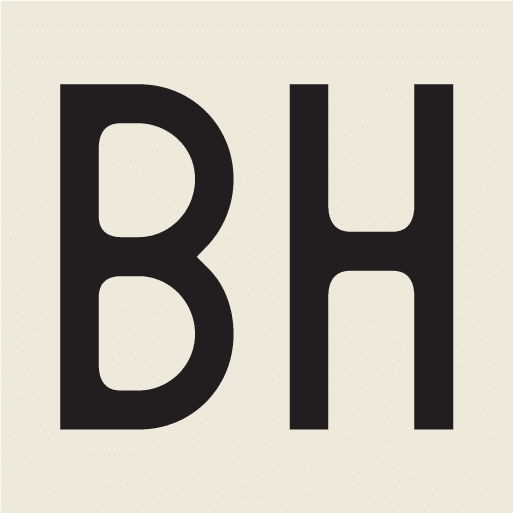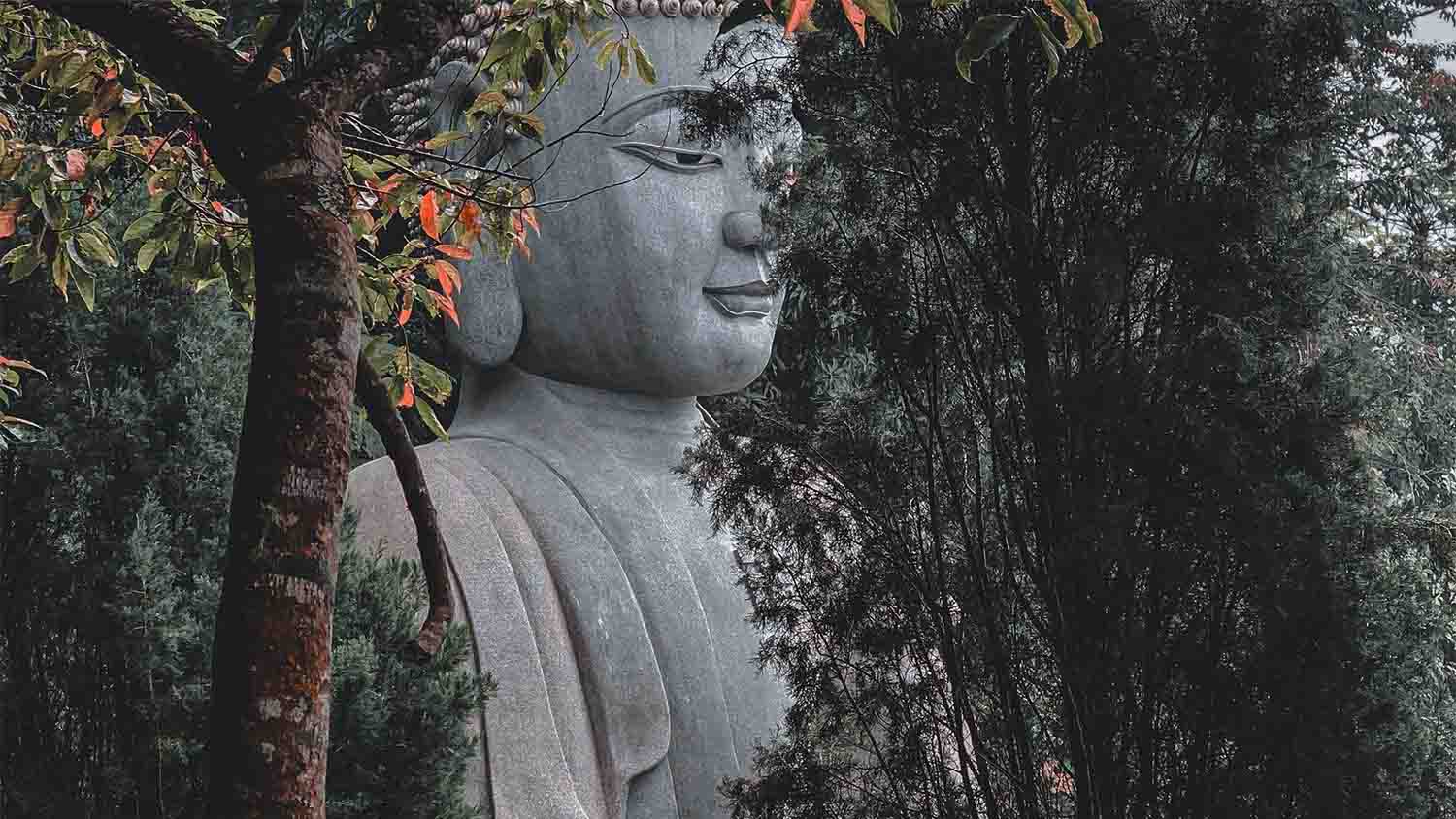Reading Time: Just under 11 minutes
Rilke seduces us with a sense of self-reliant freedom, suggesting that we can do anything we want, since all activities and interests yield equal results. . .
As a poetically-minded teenager, I took positive inspiration from Rilke, though there was much in him I also sought to shed. His tone was often gloomy. His work filled with longing. He was depressed for most of his life, poor, and—in every sector of human activity other than poetry—a failure.
Half-Truths
A rebellious seventeen-year-old who defined myself against ‘the system’ (whatever that might have meant to me at the time) – I saw Rilke as an alternative to a mechanical, systematized, bureaucratic life to which I did not want to belong. But I have since found the poet’s advice full of misleading half-truths that, were I a parent, I would urge my child to read with caution. So, if you happen to be entranced by Rilke as I was, or if your child is, I encourage you to read this and the following two posts: admonishing tales to protect an innocent’s mind from the powerful, seductive, and potentially misleading advice in Rilke’s Letters to a Young Poet.
As pointed out in a scathing critique by poet J.D. Mcclatchy, Rilke is one of those world-class poets whose poetic achievements have poured over into popular culture, especially the realm of New Age spirituality.
One reason for Rilke’s popularity among the self-help gurus is his appeal to self-affirmation, to the notion that we possess an inner, God-given truth that, if we dig deeply enough into ourselves, we’ll find, in a kind of moment of self-realization.
But this is not how it is for everybody. Embarking on the path of so-called ‘inner-truth’ is one way, among many, to live a life.
Rilke is the poet of longing and seeking—which he does in the company of angels. He is the self-made holy man. In a world of rapid change, he promises a way by which we can find in ourselves what is stable, lasting, genuine, trustworthy, and noble. Indeed, as some have called him, he is the last Romantic—representing one form of living among many, the diversity of which we’ll look at in more detail below.
Rilke’s Way of Life
But first, let’s consider the way of life that Rilke represents.
Rilke’s popularity among seekers and the spiritually bewildered makes sense, and it’s not accidental. Rilke set out to establish himself as a self-designed prophet. One might even say that was his goal in life: He wanted to triumph over the values of commercial society, and in so doing offer a path to salvation that did not depend upon a Christian God, but which nevertheless spoke to people who felt alienated from the staggering industrial developments going on around them.
Here is Nobel Laureate Herman Hesse on Rilke:
“It [the phenomenon of Rilke] can be described in this way: in the midst of a period of violence and the brutal worship of strength, a poet becomes a favorite, indeed becomes a prophet and model, for a spiritual elite, a poet whose essence seems to be weakness, delicacy, devotion, and humility, who, however, turned his weakness into an impulse to greatness, turned his delicacy into strength, turned his psychic vulnerability and fear of life into a heroic asceticism. And this is the reason that Rilke’s letters and his personal life and his legend belong so very much to his work, because in his nature he is so very typical of what’s unprotected, homeless, uprooted, threatened, yes, suicidal in the spiritual man of our time. He prevails not because he was stronger but because he was weaker than the average; it is the sick and threatened quality of his nature that so powerfully summoned up and strengthened the healing, incantative, magical forces in him. And so he has become a beloved model for the spiritual man and artist who does not withdraw from suffering, who does not flee from and renounce his own time and its fears, nor his own weaknesses and dangers, but through them, a sufferer, achieves his faith, his ability to live, his victory.”
Your Weakness Can Become Your Strength
So, in effect, Rilke is saying to us, take solace in your weakness, because you always have your beingness, and your power to create.
Rilke’s is a Romantic stance, and it’s a powerful one. His model for life ascribes the highest value to self-realization through self-expression. But there is danger in this approach, which is difficult to see because it’s masked by such good sense.
For example, returning to a section of the letter introduced last week, Rilke writes to his Mr. Kappus,
“No one can advise or help you—no one. There is only one thing you should do. Go into yourself. Find out the reason that commands you to write; see whether it has spread its roots into the very depths of your heart; confess to yourself whether you would have to die if you were forbidden to write. This most of all: ask yourself in the most silent hour of your night: must I write? Dig into yourself for a deep answer. And if this answer rings out in assent, if you meet this solemn question with a strong simple “I must,” then build your life in accordance with this necessity; your whole life, even into it’s humblest and most indifferent hour, must become a sign and witness to this impulse.”
Taking Action
The great virtue of this advice is the simple notion that we must actually practice what we decide is necessary to live for, and we must do so in every area of our life. If we are a schoolteacher, we should be teaching every minute of every day. Or, a question I frequently ask in my own life: what good does it do to be a monk in public if I don’t hold the same values and calling in my heart in private, “before God,” so to speak. There is no separation between our private life and public responsibilities, no dividing our public and private interests. This is a tremendous feat to accomplish.
Digging Deep
On the other hand, reading this advice, one wonders: how, precisely, is it that one is to “Dig into yourself for a deep answer?” How does one know whether one has found the answer, and is there any guarantee that the answer one finds is, in fact, the best answer? What about the case for example, of a ten-year-old who digs deep into herself to answer that she must have a candy bar? It’s the job of the parent to educate, isn’t it, that there are perhaps better choices, better options for her health and well-being? What is Rilke’s logic when he says that to determine what we must do, is to determine what is best for us to do.
For Rilke—a thing is good or ultimate for us, so long as we deem it so. The authority of his ‘must’ rests on the notion that we are free to determine our spiritual purpose and that we ourselves are ultimately responsible for the forms our lives take. We, in a sense, are the artists who create ourselves. But whether or not we have such freedom, or choose to recognize ourselves as having such freedom, or choose to make such freedom an issue, already assumes a particular approach to life and a particular mindset. And there is a sleight of hand at play here that, if you don’t want to be fooled by Rilke , is important to catch. Perhaps you already have.
The giveaway is in the opening sentence above: “No one can advise or help you,” says Rilke—and yet he goes on in ten letters to do just that. Why does he say this, if he does not believe one can be advised? This is the dilemma into which Rilke has cornered himself.
The First True Modernists
As an early modernist, Rilke wants to establish himself as a being independent of tradition, whose authority comes from his direct (i.e. pure, authentic, and genuine) experience of beingness—a state that stands outside of history, time, and society. According to Rilke, one must be deeply self-reliant. One must die to custom, and the help and advice of others. One must live in solitude and dig deeply into one’s isolation, until one finds, like a spring in the clay of one’s ignorance, a miraculous source from which life breaks out and flows forth. We must isolate ourselves and dig through all of our impurity and social pollution, raze ourselves down until we are clean and pure enough for truth to crack through us into life.
Well, I suppose this is one approach. But what about those of us who are social? Who like to be with others? Who grow through sharing dinners together, and enjoying custom, conversation and collaboration, or doing well by our families, or who aren’t inclined to look deeply into ourselves, but, prefer, rather, to emulate and study the ways and life of God, or carpentry, or those of us who get to know ourselves by learning how to garden and cook?
Rilke’s Way Isn’t My Way
Rilke and his way may not be for us. We live for other things, other goods, and other ‘musts.’ And what I would say in contrast to Rilke is that in determining what we must do, there is no reason not to ask others. In my case, for example, I have turned to the wisdom of many others before me—masters and teachers of Buddhism, who, while not telling me what to do in a prescriptive, methodical sense, have always guided me and taught me how to study.
I am grateful to them, and would remain lost without them, and I am glad that I listened to them for in doing so my life has opened far beyond what I was managing without them. And they do not contradict themselves. They do not say, “I cannot advise or help you,” and then proceed to do so. They are much more careful. They say, for example, “I cannot advise or help you in such and such a matter, but if I were you, in this case, at this time, and for this reason, I suggest doing this…” And such instruction is helpful.
Rilke the Poet and His Magnificent Myth
Rilke, however, seems to live by a kind of magnificent myth which tells us that when we dive deeply into ourselves, the truth miraculously appears. He lived with as much faith in his own, individual truth as one who lives with faith in God, or the goodness of their family, or the promise of a successful career to satisfy themselves.
It is the eternal and unanswerable question whether or not we have chosen life correctly—whether or not we have pointed our life in the best direction. Indeed, of what does Rilke’s ‘must’ consist? Is it what we enjoy? Is it determined by our family obligations? Is it determined by our passion for fame and glory? Riches? Perfect self-expression? The success of our partnered relationships? Living among the plurality of moral goods—the myriad mental models and mindsets—that we do, how are we to choose among our so-called ‘musts?’
Indeed, it seems, that we no longer do, in fact, choose. Rather, we try to do it all—so that our new must has become the must of “I must be able to do it all.” We no longer ask ourselves what we must do. Instead, we tell ourselves that we can do it all, as if we can. ‘I should,’ has become, ‘I can’: a perfect recipe for burnout, which is perhaps why burnout has, in modern society, been deemed an epidemic.
Empty, Vague and Seductive
In short, Rilke’s advice is somewhat empty. It’s good insofar as it encourages us to put into practice and make concrete the ideals for which we say we must live—however, he is very vague in helping us to sort through the kinds of thoughts that are helpful to adopt when considering the meaning and purpose of our lives. Thus, he seduces us with a sense of self-reliant freedom, suggesting that we can do anything we want, since all activities and interests yield equal results (for ourselves and others) and give back to our lives equally, when, in fact, if we think about it for just a moment, we realize almost instantly, that this cannot be the case.
Why not simply put it like this: ask yourself what you find most enjoyable, and organize your life to the extent that you can, given your obligations, so that everything you do is consistent with creating as much time as you can for doing what you enjoy.
Next week we’ll continue our contemplation of Rilke’s advice and what it might mean to say as he does, having determined what it is you must do: “Then come close to Nature.”

